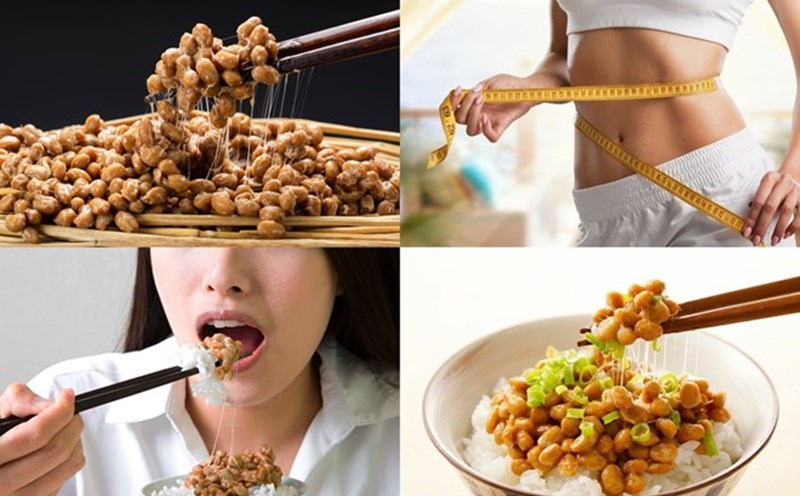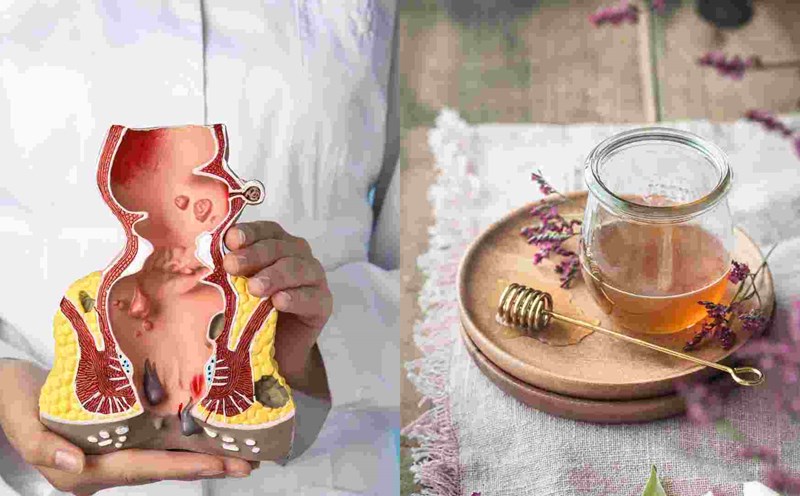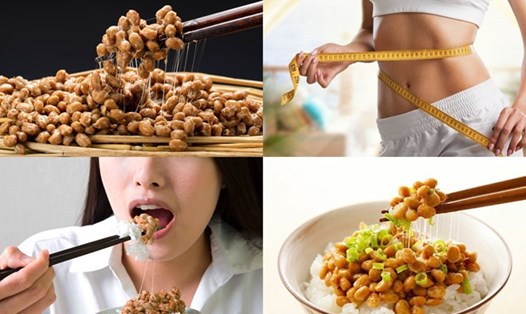Bananas
Bananas are a fruit rich in soluble fiber, especially pectin, which helps soften stools and reduce constipation - the main cause of hemorrhoids. Bananas also contain prebiotics, which help nourish beneficial gut bacteria and improve the digestive system.
According to the American Journal of Gastroenterology, the fiber in bananas helps increase bowel movements and effectively prevent constipation, thereby reducing pressure on the anorectal veins.
Eat 12 ripe bananas a day, especially in the morning.
Bananas can be combined with yogurt to increase intestinal probiotics.
Papaya
Papaya contains the enzyme papain, which helps break down proteins and aids digestion, reducing constipation. This fruit is also rich in vitamin C and beta-carotene, which help reduce inflammation and improve varicose vein health.
A study in the Journal of Nutritional Science and Food Safety showed that the enzyme papain in papaya has the effect of stimulating bowel movements and reducing bloating and constipation.
Eat 100150g of ripe papaya per day to support the digestive system.
Papaya smoothie can be made with almond milk to increase effectiveness.
Apple
Apples contain pectin-soluble fiber, which helps soften stools and improve the digestive system. In addition, flavonoids in apples also have anti-inflammatory effects, making the anorectal veins more stable.
According to research by the National Institute of Nutrition, the fiber in apples helps reduce constipation by up to 40%, thereby supporting the treatment of hemorrhoids.
You can eat 1 apple a day, the skin to make the most of the fiber.
Combine apples with oatmeal to increase digestive support.
Avocado
Avocado is a fruit rich in monounsaturated fats that help lubricate the intestines and reduce friction when going to the liver. In addition, avocados also contain vitamin E, which helps reduce anorectal vayitis.
Research in the American Journal of Clinical Nutrition shows that avocados help improve the digestive system, reduce constipation thanks to their high intake of healthy fats and fiber.
You can eat 1/2 avocado per day.
Make avocado smoothies with almond milk to increase digestive support.
Orange, tangerine
Fruits in the tangerine family (orange, tangerine, grapefruit) are rich in vitamin C and flavonoids, which help protect blood vessel walls, reduce inflammation and increase blood circulation, thereby helping to prevent hemorrhage from developing more severely.
According to research from the American Heart Association, flavonoids in tangerines help strengthen blood vessel walls and reduce bleeding from blood clots.
You can drink fresh orange juice or eat tangerine oranges directly every day.
Avoid drinking oranges on an empty stomach to avoid stomach irritation.
Pomegranate
Pomegranate is rich in polyphenols and tannins, which help reduce inflammation in the anorectal vein and prevent swelling and pain. This fruit also helps increase blood circulation, reducing the risk of blood clots forming in severe hemorrhoids.
According to research from the Journal of Medicinal Food, pomegranate has powerful anti-inflammatory effects, helping to reduce swelling and pain and protect blood vessel walls.
Eat 1/2 pomegranate per day or drink unsweetened pomegranate juice.
Pomegranate can be combined with yogurt to increase the beneficial bacteria for the digestive system.











